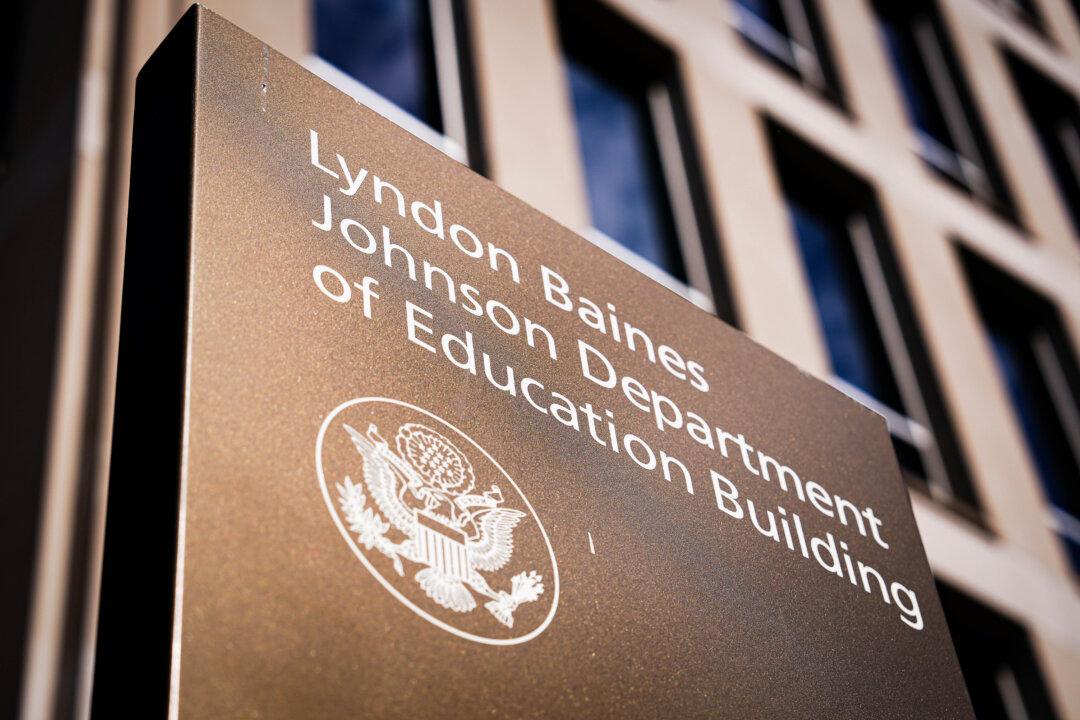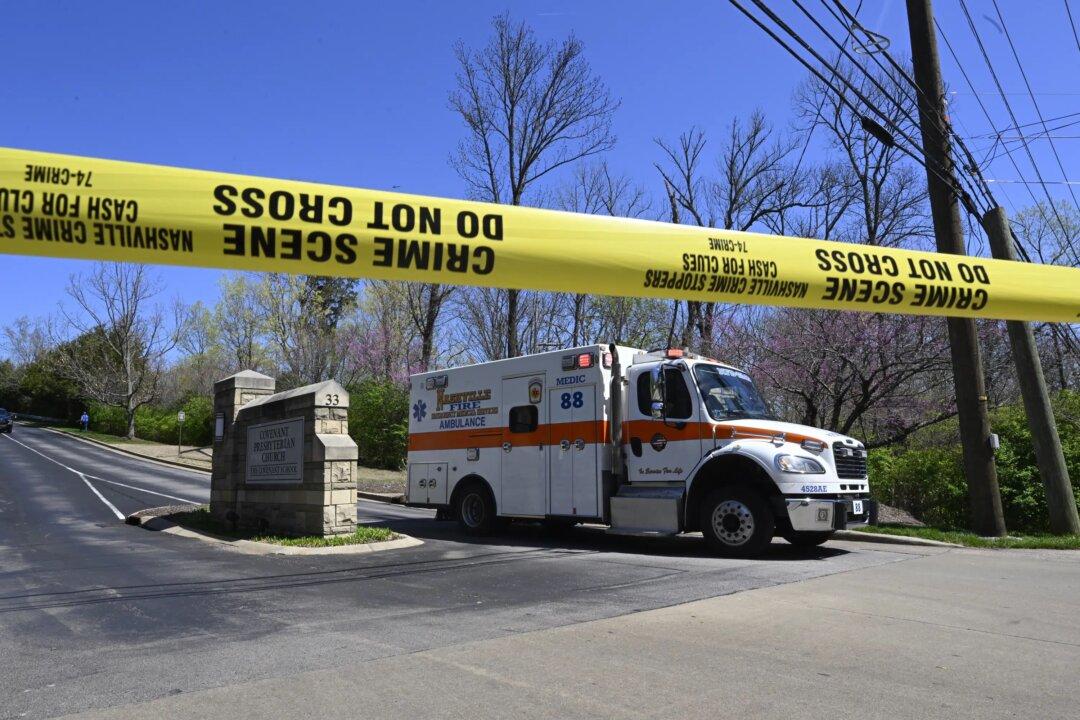A key measure of the nation’s performance in education has revealed the academics of American students has plummeted to new lows, despite the federal government setting another record in taxpayer funds funneled into the public school system.
Scores on the ACT college admissions, which tests student preparedness for college level course work, have dropped to their lowest point in more than three decades. Students in the class of 2023, whose scores were reported last week, showed a composite score of 19.5 out of 36, revealing a lack of student preparedness for college-level coursework, according to the nonprofit organization that administers the test.





